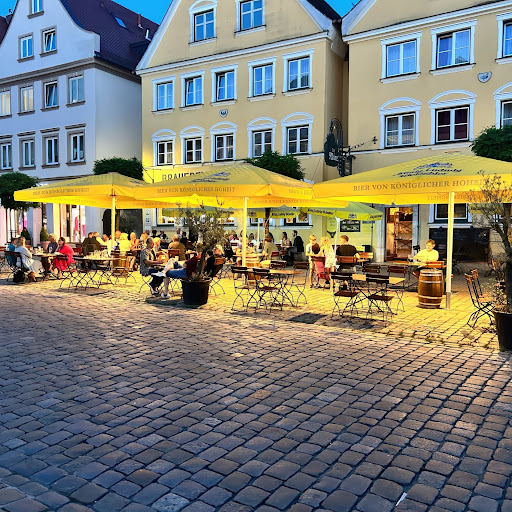Summer School 2025
About
The KEMAI research training group brings together computer science, medicine, ethics and philosophy of science to combine knowledge-based and learning-based systems for accurate, transparent, and ethically sound medical diagnoses.
Seven months in, we’re excited to spend a few days together for the KEMAI Summer School from 22–24 July. Our aim is to advance cooperation within the research training group and, even more important, to provide a multidisciplinary forum for exchange with external experts. To this end, we have invited the RTG’s doctoral researchers, associated PhD candidates, KEMAI early career scientists, principal investigators, and invited experts from the fields of computer science, medicine, and ethics to join us for three insightful days at Reisensburg Castle.
Invited Speakers
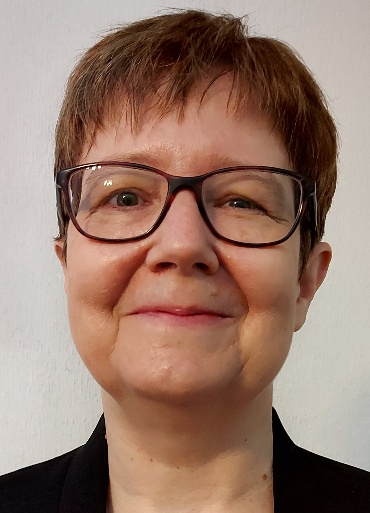
Renate Schmidt
Leader of Formal Methods Research Group
Department of Computer Science at the University of Manchester
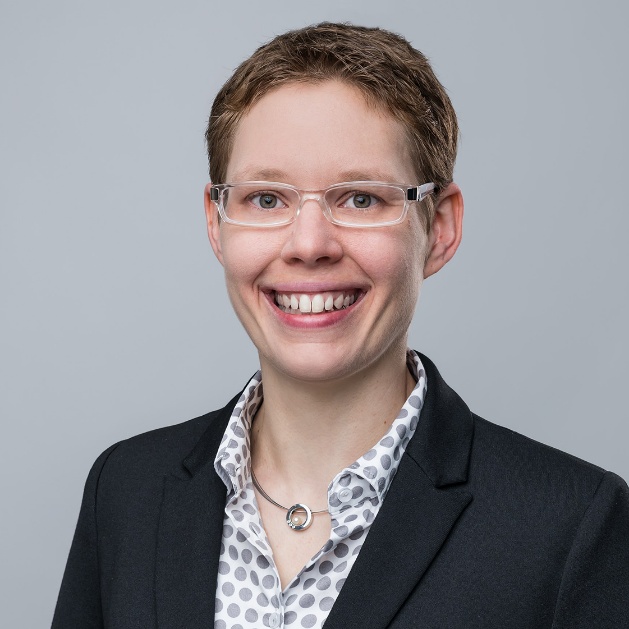
Lena Kästner
Professor for philosophy, computer science and AI
University of Bayreuth
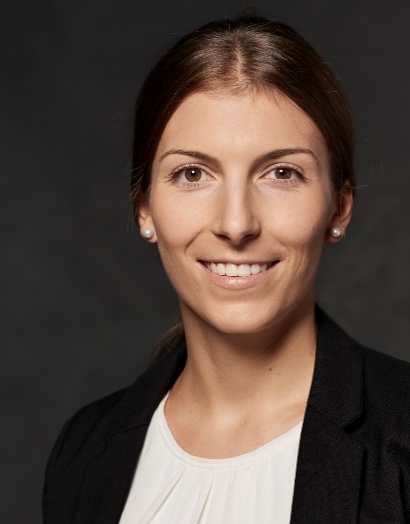
Judith Herrmann
Board-certified radiologist
Diagnostic and interventional Radiology at University Hospital Tübingen
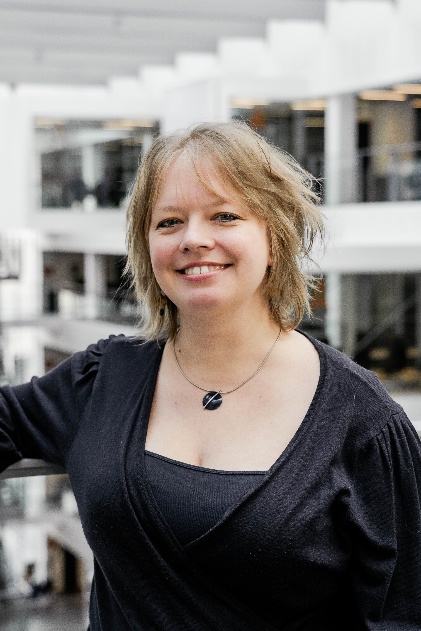
Veronika Cheplygina
Professor Data, Systems, and Robotics Data-intensive Systems and Applications
ITU Copenhagen
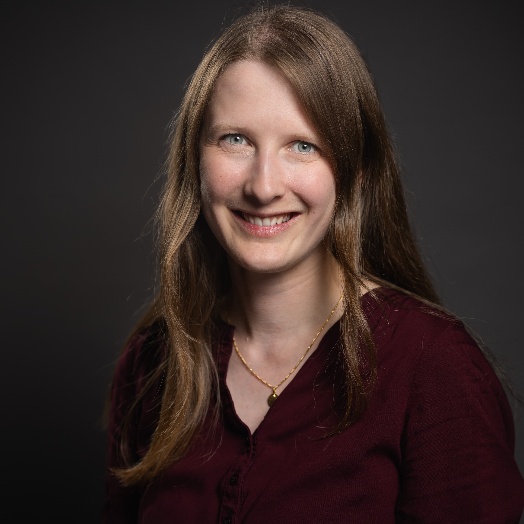
Simone Schaub-Meyer
Professor for Image and Video Analysis
TU Darmstadt
Program Overview
22 July 2025
Registration & Coffee
Women Only Event
Creating strategies for your visibility
Lina Spagert, Pro:InSicht
Meet & Eat
Establishing mentoring relationships in one-on-one lunch conversations with your invited female rolemodels.
Lecture
Introduction to Medical Imaging: Technology and Clinical Applications
Dr. Ina Vernikouskaya in cooperation with Prof. A. Beer, Prof. M. Beer
Physical & technical basics and applications of X-Ray, computed tomography (CT), magnetic resonance imaging (MRI) and ultrasound (US)
Break
Group activity
Follow the footsteps - short hiking tour to foster discussion and informal exchange with senior researchers. (Open to all attendants)
Social
Beer garden
23 July 2025
Registration & Coffee
Opening & KEMAI Overview
Coffee Break
Invited Talk
Just the right amount: SNOMED CT Content Extraction
Dr.-Ing. Renate Schmidt, School of Computer Science, University of Manchester
Invited Talk
Responsible AI -- What does it take?
Prof. Dr. Lena Kästner, Philosophy, Computer Science and Artificial intelligence, University of Bayreuth
Lunch
Invited Talk
Artificial Intelligence in Radiology: A game-changer for sustainable medicine or just a hype?
PD Dr. med. Judith Herrmann, Diagnostic and interventional Radiology, University Hospital Tübingen
Invited Talk
Curious findings about medical image datasets
Prof. Veronika Cheplygina, Pattern Recognition Revisited lab, IT University of Copenhagen
Coffee Break
Poster session & Poster award
KEMAI Meeting
election equal opportunities advisor
Break
BBQ
24 July 2025
Invited Talk
Computing and evaluating visual explanations
Prof. Dr. sc. Simone Schaub-Meyer, Visual Inference Lab, TU Darmstadt
Coffee break
Parallel Sessions
Progress Reports & Board Meeting
Progress report (doctoral researchers & associated doctoral researchers)
Board meeting (KEMAI PIs)
Lunch
Closing
Women Only Program
A central goal of KEMAI is to actively support and empower female early career scientists in the field of medical AI. To reflect this commitment, the first day of our event is dedicated to addressing the gender-specific challenges that women often face in academic research.
be.visible. Creating strategies for your visibility
Through a focused workshop on visibility in science, we aim to create space for reflection and discussion on the mindset that underpins visibility in academia. The session includes a science-based input on visibility and gender as well as reflective exercises to raise awareness of one´s own presence and to foster a confident, authentic way of engaging in academic contexts.
In cooperation with Lina Spagert, interdisciplinary project Prof:inSicht.
Inspiring mentoring relationships
Social activities on day one are intended to provide a space for meaningful connection between early-career female researchers and more senior women in the field, encouraging open dialogue across career stages. This exchange is intended not only to inspire and encourage, but also to lay the groundwork for long-term mentoring relationships — strengthening the network of women contributing to innovation and progress in medical AI.
Invited Talks
Wednesday, July 23, 2025: 10:30 – 11:15
Abstract:
SNOMED CT is established technology of AI in health, where it provides the basis for medical terminological services used to support consistent data capture, easy data sharing and convenient analysis of data. SNOMED CT is a large knowledge base (ontology) of definitions of medical codes used by clinicians in health care sectors worth-wide. After a brief introduction of medical ontologies and their benefits, this talk will review subontologies, a bespoke technique for procuding concise extracts of SNOMED CT, their key features, use cases, successful results and their development in a successful collaboration with industry.
Bio:
Renate Schmidt is University Reader in Computer Science and Leader of Formal Methods Research Group in the Department of Computer Science at the University of Manchester. She served as Chair of the PGR Degrees Panel in the Faculty of Science and Engineering and was Member of the FSE Doctoral Academy Academic Leadership Team and the Faculty Graduate Committee (2021-2024). She is Associate Editor or Editorial Board Member of Artificial Intelligence Journal, Journal of Artificial Intelligence Research, Journal of Automated Reasoning and Journal of Applied Non- Classical Logic. Her research involves the development of both theoretical results and implemented systems for knowledge representation, automated symbolic reasoning and formal methods. Her current research is driven by the aim to develop improved automated support for knowledge representation, ontology extraction, knowledge re- engineering, information hiding/obfuscation, abductive learning and query answering in the context of ontologies.
Wednesday, July 23, 2025: 11:15 – 12:00
Abstract:
As AI technology becomes increasingly used in the public sphere, including in such vulnerable settings as courts and hospitals, questions about the societal demands of deploying AI are becoming ever more relevant. General calls to make the use of AI “responsible”, viz. that the systems in question should be safe, trustworthy, fair, privacy respecting, etc. are echoed by researchers, legal institutions, NGOs and customer protection services alike. But how to best achieve these feats, remains a matter of heated academic, political and legal debates. One concept that has taken center stage over the past few years is explainability – or explainable AI (XAI). Put in a nutshell, the idea is that if we can render opaque AI systems explainable with XAI methods that will, in one way or the other, help us ensure their safety, trustworthiness, fairness, and so forth. This reasoning has led to a veritable XAI-hype. In this talk, I take a critical look at contemporary XAI, highlight some of its limitations, and sketch avenues for research addressing these.
Bio:
Lena Kästner is professor for philosophy, computer science and AI at the University of Bayreuth. She has a background in Cognitive Science and Cognitive Neuroscience and received her PhD in philosophy from Ruhr-University Bochum. Prof. Kästner’s research focuses on explanations, intelligence, and causation. Currently, she is also head-PI of the projects “Explainable Intelligent Systems (EIS)” and “For the Greater Good? Deepfakes in Criminal Prosecution (FoGG)”. She is also vice president of the German Society for Philosophy of Science (GWP), vice-director of Bayreuth’s “Research Center for AI in Science and Society (RAIS2), and coordinator of the interdisciplinary Master’s program “Philosophy & Computer Science” in Bayreuth.
Wednesday, July 23, 2025: 13:00 – 13:45
Abstract:
Artificial intelligence (AI) is increasingly being integrated into radiological workflows, offering significant potential for improving both efficiency and image quality. Its applications are diverse, ranging from automated image acquisition and interpretation to workflow optimization and predictive analytics. A particularly promising area lies in AI-based reconstruction for magnetic resonance imaging (MRI). Deep learning (DL) algorithms enable the reconstruction of high-quality images from highly undersampled raw data, thereby substantially reducing scan times. This acceleration not only enhances patient comfort and increases scanner throughput but also contributes to a reduction in energy consumption per examination. As such, AI-driven MRI reconstruction represents a concrete example of how technological innovation can simultaneously advance diagnostic performance and promote environmental sustainability in medical imaging. This presentation will place particular emphasis on this application, examining its potential as a key driver of energy efficiency and sustainable radiology practice.
Bio:
PD Dr. med. Judith Herrmann is a board-certified radiologist at the University Hospital in Tübingen, Germany, where she has been working since 2019. She completed her medical studies at the University of Tübingen and began her career in radiology under the mentorship of Prof. Nikolaou. PD Dr. med. Judith Herrmann is a board member of the working group on information technology and a board member of the Young Radiologist Forum within the German Radiological Society. Her research primarily focuses on the application of artificial intelligence in MRI image reconstruction, with a particular interest in its potential to improve efficiency and sustainability in MRI examinations.
Wednesday, July 23, 2025: 13:45 – 14:30
Abstract:
It may seem intuitive that we need high quality datasets to ensure for robust algorithms for medical image classification. With the introduction of openly available, larger datasets, it might seem that the problem has been solved. However, this is far from being the case, as it turns out that even these datasets suffer from issues like label noise and shortcuts or confounders. Furthermore, there are behaviours in our research community that threaten the validity of published findings. In this talk I will discuss both types of issues with examples from recent papers.
Relevant Papers:
- Copycats: the many lives of a publicly available medical imaging dataset
- Data usage and citation practices in medical imaging conferences
- Augmenting Chest X-ray Datasets with Non-Expert Annotations
- Machine learning for medical imaging: methodological failures and recommendations for the future
Bio:
Prof. Veronika Cheplygina’s research focuses on meta-research in the fields of machine learning and medical image analysis. She received her Ph.D. from Delft University of Technology in 2015. After a postdoc at the Erasmus Medical Center, in 2017 she started as an assistant professor at Eindhoven University of Technology. In 2020, failing to achieve various metrics, she left the tenure track of search of the next step where she can contribute to open and inclusive science. In 2021 she started as an associate professor at IT University of Copenhagen, and was recently appointed as full professor at the same university. Next to research and teaching, Veronika blogs about academic life at https://www.veronikach.com. She also loves cats, which you will often encounter in her work.
Thursday, July 24, 2025: 10:30 – 11:30
Abstract:
Recent developments in deep learning have led to significant advances in many areas of computer vision. However, especially in safety critical scenarios, we are not only interested in task specific performance but there is a critical need to be able to explain the decision process of a deep neural networks despite its complexity. Visual explanations can help to demystify the inner workings of these models, providing insights into their decision-making processes. In my talk I will first talk about how we can obtain visual explanations efficiently and effectively in case of image classification. In the second part I will talk about potential metrics and frameworks for assessing the quality visual explanations. A challenging task due to the difficulty of obtaining ground truth explanations for evaluation.
Bio:
Simone Schaub-Meyer is an assistant professor at the Technical University of Darmstadt, as well as affiliated with the Hessian Center for Artificial Intelligence (hessian.AI). The focus of her research is on developing efficient, robust, and understandable methods and algorithms for image and video analysis. She recently got the renowned Emmy Noether Programme (ENP) grant of the German Research Foundation (DFG) supporting her research on Interpretable Neural Networks for Dense Image and Video Analysis. Before starting her own group, she was a postdoctoral researcher in the Visual Inference Lab of Prof. Stefan Roth. Prior to joining TU Darmstadt, she was a postdoctoral researcher at the Media Technology Lab at ETH Zurich working on augmented reality. She obtained her doctoral degree from ETH Zurich in 2019, awarded with the ETH medal, where she developed novel methods for motion representation and video frame interpolation in collaboration with Disney Research Zurich.
View all KEMAI Invited Talks here.
Social Events
Tuesday, 22 July
We are going to take a walk together through the riverside forest along the Danube, heading into the center of Günzburg, where we’ll stop at the traditional brewery inn ‘Münz’. This
historic guesthouse is located on the charming old marketplace of the Bavarian town.
Wednesday, 23 July
After a full day of inspiring talks and presentations, it’s time to relax
and enjoy each other’s company. The Reisensburg chef will be firing
up the grill with a delicious barbecue, offering both vegan and mixed
dishes.
Venue: Reisensburg Castle
Reisensburg Castle, situated near river Danube, some 25 km downstream from Ulm, is a Conference Centre of Ulm University. It’s part of the town Günzburg and located in the “Schwäbischer Barockwinkel” (Swabian Baroque Corner), a region known for its baroque churches, monasteries and castles.
Travel to Reisensburg
By Train to Günzburg
Train station Günzburg Hbf is served by ICE and IC trains from Airports Stuttgart, and Munich. (www.bahn.de) From Günzburg main station to Reisensburg – walking or taxi Walking distance to Reisensburg Castle: 2,2 km/ 25 min: When leaving the station building, turn left into Siemensstraße. Go on to Dillinger Straße (B10, B16) - a broad highway. Then, after 250 m turn left to the Reisensburger Straße. Also proceed on Günzburger Straße. Then turn left to Weihergasse. You will then see Reisenburg Castle.
By Car
Please take a look at the description (in German) provided by Wissenschaftszentrum Schloss Reisensburg.
Address
Reisensburg Castle
Bürgermeister-Joh.-Müller-Str. 1
D-89312 Günzburg/Donau
Phone: +49 (0) 8221-9070
Fax: +49 (0) 8221-907-55
Download Full Program
For your convenience, you can also download the complete Summer School 2025 program as a PDF:
 KEMAI - Research Training Group on Medical XAI
KEMAI - Research Training Group on Medical XAI

